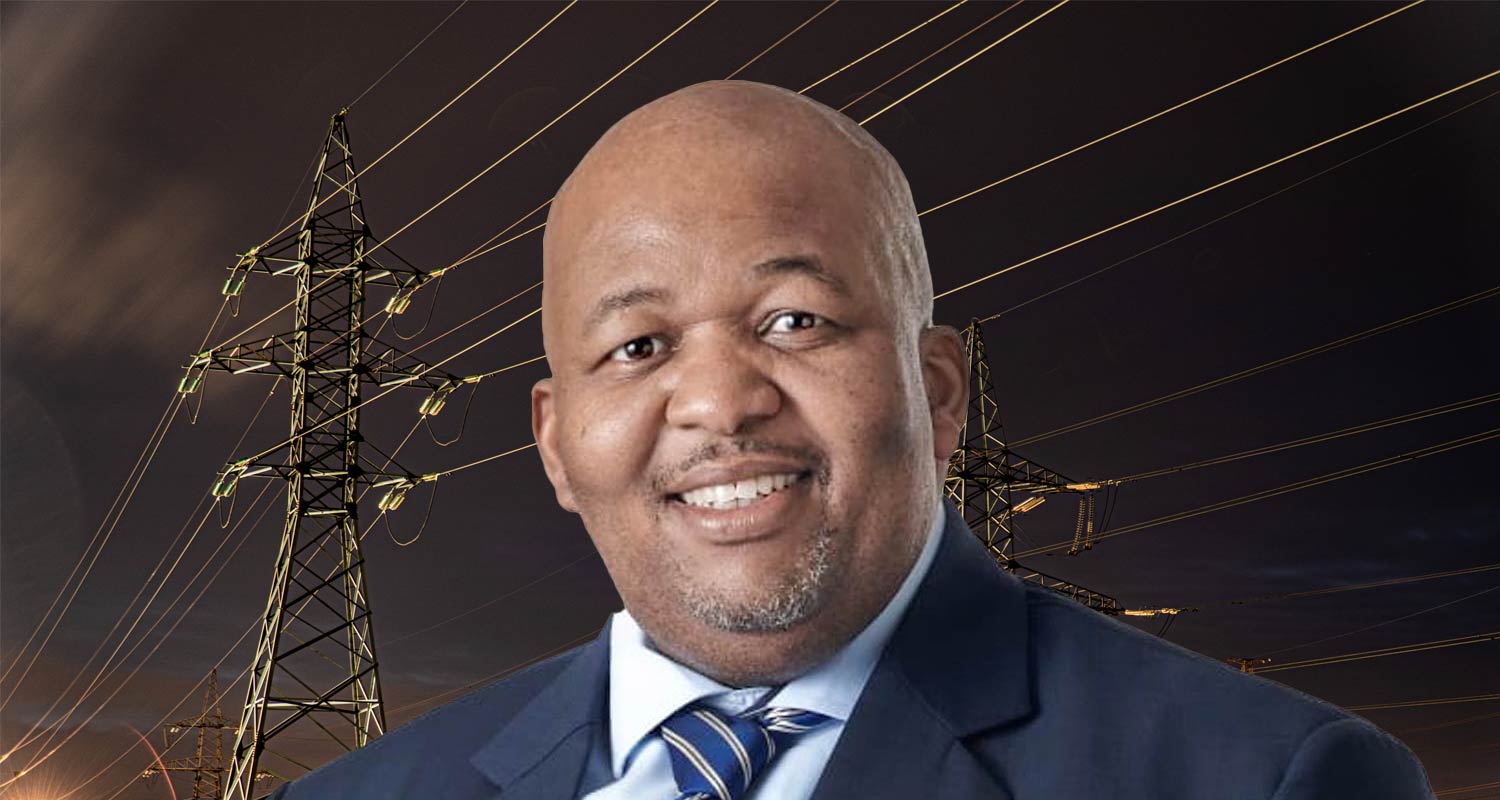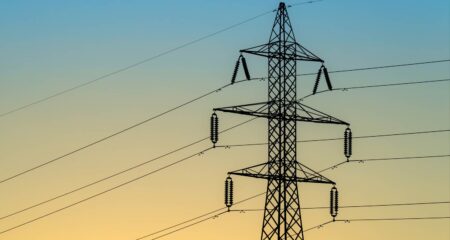
Despite a break of several months from load shedding, Eskom has warned there is still a risk that rolling blackouts will be implemented this winter.
That’s according to the state-owned utility’s CEO, Dan Marokane, who was speaking at a press briefing that also marked his 100th day at the helm.
“Load shedding remains a risk; we are not at a point where we can comfortably say that is behind us,” Marokane told the briefing at its Megawatt Park headquarters in Johannesburg.
He said Eskom is making advances in its transition into three separate business units that should help improve efficiencies in generation, transmission and distribution.
“The unbundling of the business is crucial in taking us from where we are to a stable position where we can run these business units efficiently. There are a lot of headwinds we are facing, and some will only emerge in the next two years as these new entities take shape,” he said.
According to Eskom board chairman Mteto Nyati, Marokane was asked to focus on three areas when he took over as CEO from Collin Matjila – Matjila held the position on an interim basis – in April. These were: focusing on the implementation of the generation recovery plan, the unbundling of Eskom and improving stakeholder relations.
Notable improvement
Eskom has shown a notable improvement in the performance of its generation units, with almost 80 days without any load shedding, despite the onset of the winter cold, which has led to a spike in demand for electricity. Unplanned outages at Eskom’s coal-fired power stations have declined, now averaging around 12GW, below the winter planning assumption of 15.5GW.
“This performance comes from a sustained, multi-dimensional programme consisting of adequate human resources, aggressive planned maintenance on the back of financial certainty, the use of original equipment manufacturers for critical systems, and progressive implementation of interventions in response to the VGBe findings,” said Marokane.
Read next: Eskom seeks renewables chief
VGBe is a global technical association for energy plant operators. National treasury engaged a consortium of VGBe members to conduct an assessment of operations at Eskom’s coal-fired power stations. The report was handed over to Eskom in September last year.
The improvement in generation capacity has led to a 78% decline in the use of diesel to power open-cycle gas turbines in recent months compared to 2023. This has led to savings of more than R4-billion in the current financial year, he said.
Despite these positive developments, Eskom’s financial situation has not improved dramatically due to high levels of municipal debt. According to Carl Meeholz, senior manager for management reporting – who represented chief financial officer Calib Cassim at the press conference – municipalities now owe Eskom R72.3-billion.
 On unbundling, Marokane said plans to operationalise the National Transmission Company of South Africa by 1 July are on track. He said Eskom will use the lessons learnt from carving out the NTCSA in the rest of the unbundling programme. Eskom has established an unbundling project management team to deal with the process.
On unbundling, Marokane said plans to operationalise the National Transmission Company of South Africa by 1 July are on track. He said Eskom will use the lessons learnt from carving out the NTCSA in the rest of the unbundling programme. Eskom has established an unbundling project management team to deal with the process.
“The unbundling of the business is crucial in taking us from where we are to a stable position where we can run these business units efficiently,” said Marokane.
He added that Eskom must focus on building morale internally, as Eskom employees are concerned about the future of the business.
The staff count, he said, has grown to about 40 000, as Eskom has had to hire talent to fill skills gaps that will help it drive its strategic objectives.
Marokane praised the stability Eskom has built at its executive level, saying its next strategic move is to capacitate and stabilise other management layers in a similar way.
Key focus areas for the management team include:
- Increasing the energy availability factor to 70% in the next 12-36 months;
- Returning more than 2.5GW in capacity to the grid by March 2025 and developing an executable initial pipeline of at least 2GW of clean energy projects by 2026;
- Re-baselining the cost trajectory and improving efficiencies;
- Advocating for and pursuing a sustainable solution on municipality debt;
- Delivering the unbundling of the distribution and generation divisions; and
- Accelerating the implementation of initiatives to enable the “just energy transition” away from coal to cleaner energy sources.
“Eskom will continue to focus on implementing generation recovery, strengthening governance, and tackling crime and corruption, while future-proofing the organisation to enable energy security, growth and long-term sustainability to the benefit of South Africa,” said Marokane. – © 2024 NewsCentral Media




